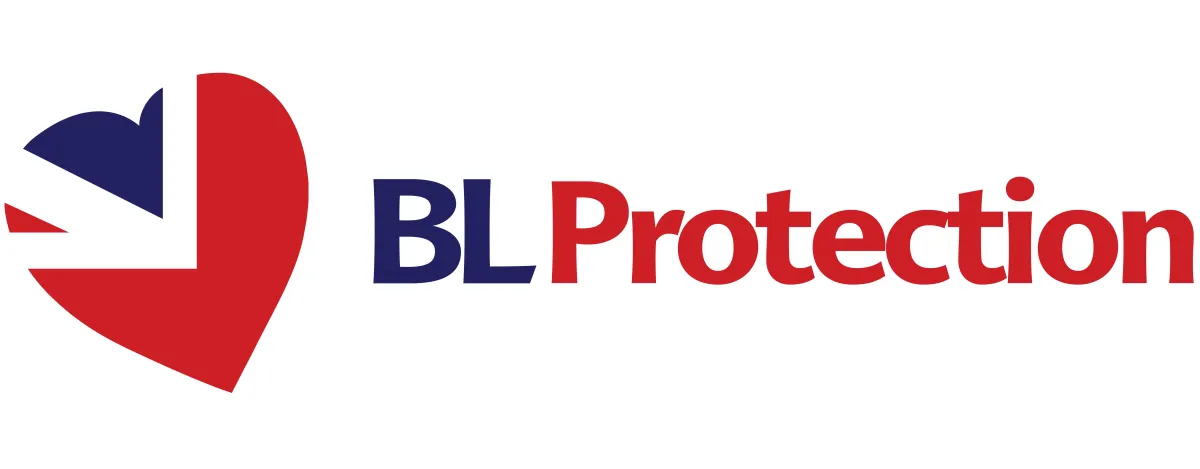Protecting what matters most - your family, your income, your businesss
Business Protection Insurance
Covers key people, profits, and responsibilities in your business if illness or death affects your team.
Why business protection matters
If you’re a business owner or director, your company relies on people — including you. Business protection policies provide financial support if a key person dies or becomes too ill to work. They help keep things running, protect profits, and give peace of mind to directors and employees.
There are three main types of cover:
1. Relevant Life Cover
A tax-efficient life insurance policy paid for by your company.
What it does
Relevant Life Cover pays out a lump sum if a company director or employee dies while employed. The business pays the premiums, but the benefit goes to the employee’s family — tax-free.
- Set up by a business for an individual
- Pays out on death or terminal illness
- Payout goes to the employee’s nominated beneficiaries
- Usually written into trust
- Premiums are a business expense (tax-deductible)
- No P11D benefit – doesn’t count as a taxable benefit in kind
Who it’s for
- Directors of limited companies
- Employees who want life cover through work
- High earners with large pension pots (avoids lifetime allowance issues)
Example
A director takes out £500,000 Relevant Life Cover through their company. The business pays the premiums and claims corporation tax relief. If the director dies, the payout goes to their family, not the company.
2. Executive Income Protection
Covers a director or employee’s income if they can’t work due to illness or injury.
What it does
Executive income protection pays a regular income if a key employee (including a director) is unable to work because of illness or injury. The business pays the premiums and receives the payout, which it uses to keep paying the employee’s salary.
- Covers salary, dividends, pension contributions and National Insurance
- Monthly payout up to 80% of total earnings
- Business gets corporation tax relief on premiums
- Helps retain staff and manage long-term absence costs
- Payments to employee are taxed as normal income
Who it’s for
- Limited company directors
- Businesses who rely on key staff
- Companies that want to provide staff benefits
Example
A business takes out executive income protection for a director earning £60,000. If they’re off work long-term, the insurer pays the company up to 80% of that income, which the business uses to keep paying the director.
3. Key Person Cover
Protects your business if a key person dies or is seriously ill.
What it does
Key Person Insurance pays out a lump sum to the business if a named employee dies or suffers a critical illness. This money can be used to:
- Cover lost revenue
- Recruit and train replacements
- Repay business loans
- Stabilise cash flow
The policy is owned and paid for by the business. The payout goes to the business, not to the employee’s family.
Who it’s for
- Founders, directors or partners
- Salespeople or technical specialists
- Anyone whose absence would directly affect revenue or operations
Example
A software company insures its technical director for £400,000. If that person dies or suffers a serious illness, the payout helps the business manage costs while recruiting a replacement.
Speak to us
Business protection isn’t one-size-fits-all. The right setup depends on how your company is structured and who’s involved.
Get in touch and we’ll help you choose the right mix of cover, explain how the tax works, and compare quotes from leading providers.

